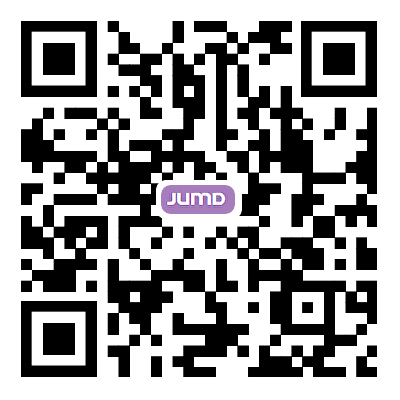2017 year in review
The year is nearly over, and I’d like to take these last few days to celebrate what we’ve achieved in our journal - Journal of Unexplored Medical Data - over the last year. We usually move so quickly through life and forget what we’ve accomplished.
Publishing scientific results is uncomplicated when the findings are positive. However, when the results support the null hypothesis they are less likely to be published. Simply because it reports “negative” results or it does not fit the existing scientific thinking.
Every one of us is dealing with negative data at some point during his/her research activity. Sometimes or I would rather say most of the time science doesn’t work the way we anticipate. If your hypotheses turn out not to be true or your experiments fail to produce significant results your supervisor usually labels your data unpublishable because most journals will not accept such results for publication. Consequently - despite their potential - most negative data or results of experiments that failed to confirm the efficacy of a treatment are usually shelved away forever, forgotten and ultimately excluded from the scientific record.
Sadly traditional journals have failed to provide a specific platform for such large datasets of unpublished work that could benefit a wider research community and could be essential for efficient scientific progress. Publishing negative results is very important because researchers can build on the mistakes of others rather than simply repeat them and the failure of someone’s research project could contribute to another’s success and/or big discovery.
With the goal of promoting academic exchange and knowledge sharing, OAE - an online, open-access publisher specializing in biomedical peer-reviewed journals - took the bull by the horns and set up a new academic platform for publishing non-confirmatory clinical and biological data for biomedical experts and scholars all over the world named Journal of Unexplored Medical Data.
OAE believes that it would be more efficient and un-biased if all results - positive and negative - were made available to the scientific community. Reporting both successes and failures is crucial as both pieces of information are needed in order to allow clinicians to judge the risks and benefits of a given intervention.
I am honored and privileged to be the Editor-in-Chief of Journal of Unexplored Medical Data. The journal started publishing in September 2016 and I’ve seen some amazing progress. During this short period until the end of 2017 the journal has grown in size and stature, thanks to the support of the OAE team of efficient and competent editorial and production teams. We have published some good articles and are always looking for more.
Our goal was always specific and clearly defined: to recover the missing valuable bulk of scientific information by publishing rigorous non-confirmatory and “negative” data, as well as unexpected, controversial and provocative results in the context of current code of belief, studies that present inconclusive, null findings or demonstrate failed replications of other published work, and data that is biologically interesting but lacks statistical power. Positive results are welcome but not essential.
Launching a new journal is an uphill battle. It’s likely one won’t receive a huge volume of submissions in the first year and it’s likely that submissions are not from established names There will also probably be some articles that are weaker than we would like. But we tried to strike a balance and don’t publish material that is out-of-the-question weak On the other hand, we worked with authors to improve their material where there is potential. Our objective was always that we need a good quantity of material, but this must not be at the expense of quality.
On this special holiday, I would like to sincerely wish all our readers, authors and especially our hard working editorial/production team a very happy New Year! Very special thanks go out to all our reviewers, we are very grateful for all the time you spend protecting the scientific quality of our journal! For our editorial board members thank you all for your contributions and support. We always look forward to your valuable suggestions and criticism.
Looking forward to your continued support in 2018!
Declarations
Authors’ contributionsT. Shalaby contributed solely to the editorial.
Financial support and sponsorshipNone.
Conflicts of interestThere are no conflicts of interest.
Patient consentNot applicable.
Ethics approvalNot applicable.
Copyright© The Author(s) 2017.
Cite This Article
How to Cite
Download Citation
Export Citation File:
Type of Import
Tips on Downloading Citation
Citation Manager File Format
Type of Import
Direct Import: When the Direct Import option is selected (the default state), a dialogue box will give you the option to Save or Open the downloaded citation data. Choosing Open will either launch your citation manager or give you a choice of applications with which to use the metadata. The Save option saves the file locally for later use.
Indirect Import: When the Indirect Import option is selected, the metadata is displayed and may be copied and pasted as needed.
About This Article
Copyright
Data & Comments
Data













Comments
Comments must be written in English. Spam, offensive content, impersonation, and private information will not be permitted. If any comment is reported and identified as inappropriate content by OAE staff, the comment will be removed without notice. If you have any queries or need any help, please contact us at [email protected].